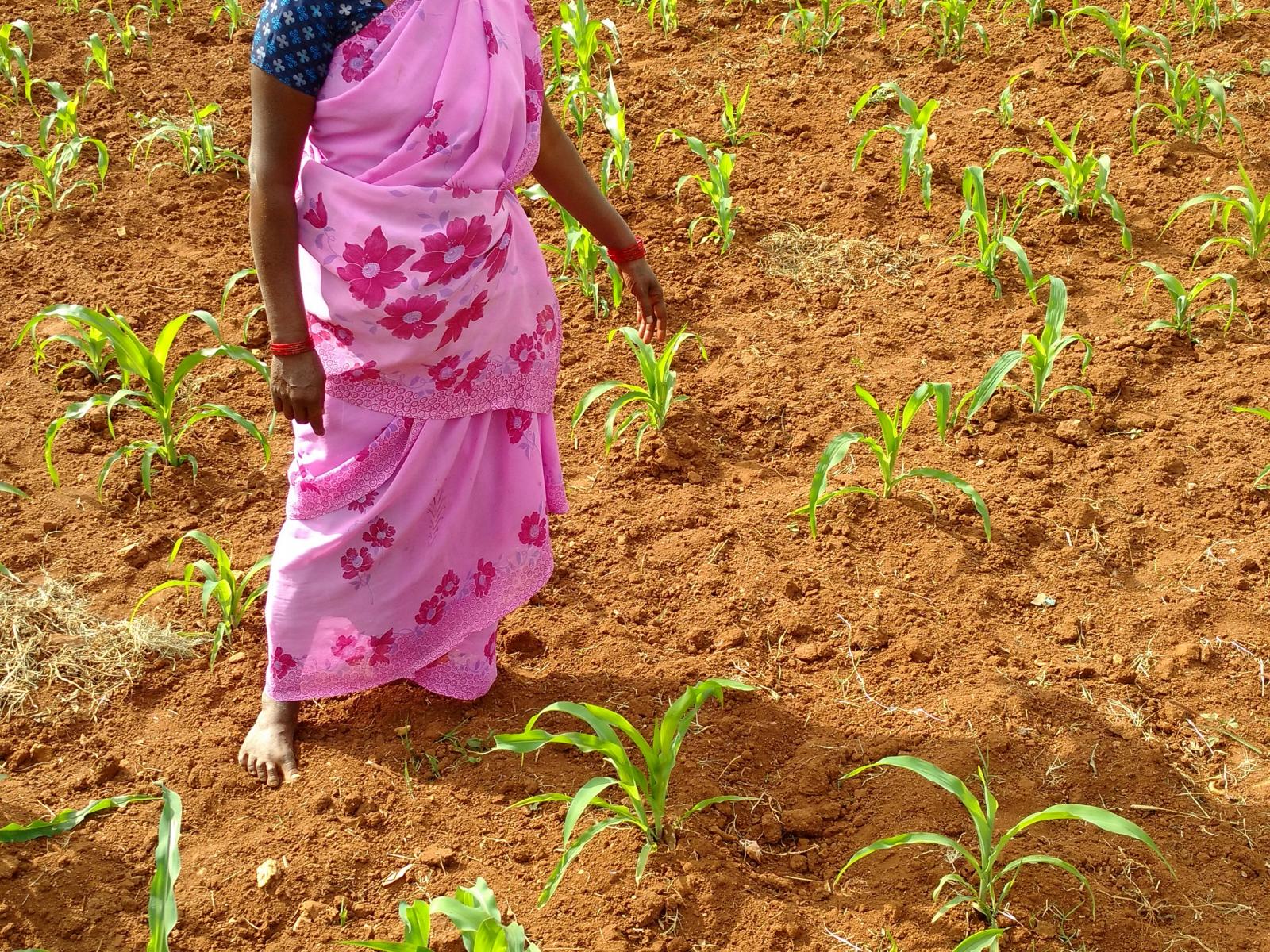An Overview Of Our Solution
- Population Impacted:
- Continent: Asia
Organization type
Population impacted
Size of agricultural area
Production quantity
People employed
Describe your solution
Describe your implementation
External connections
What is the environmental or ecological challenge you are targeting with your solution?
Describe the context in which you are operating
The situation at hand is that the small and marginal farmers operate in rain fed, semi-arid and drought conditions from across the plains to mountain slopes. However, to these small and marginal farmers organic farming is a way of life. It ensures that our agricultural resources including lands are kept productive for the use of future generations. Various methods of organic farming are in use across different eco-regions. Interest in organically grown products has increased exponentially in the last decade. Market share of such produce is still considerably low as organic farmers, especially those from the small and marginal groups, face a variety of obstacles, one of them being certification of their produce as organic. Not only do they have to compete with market forces, but they have to ensure that their product is sold at competitive prices and also brings sufficient net income. In recent times in India, with growing consumer concern over pesticide residues, there is a need to support and encourage organic production of food. In addition to this third party certification has its own nuances, the costs in relation to the volume of produce of each small farmer as well the poor understanding of biodiversity along with insufficient space for cultural aspects and diverse indigenous methods were not taken in to account in the third party systems and hence became necessary to provide an alternative.
How did you impact natural resource use and greenhouse gas emissions?
Language(s)
Social/Community
Water
Food Security/Nutrition
Economic/Sustainable Development
Climate
Sustainability
The NGOs and CSOs who are part of the PGSOC have integrated the PGS activities into their ongoing projects pertaining to promotion of organic agriculture and funding was not sought for PGS alone. The objective of PGS is also to facilitate a market-based revenue system for the small and marginal farmers and the facilitating councils of the PGSOC will enable this. However, the Deutsche Welthungerhilfe had extended its support to the PGSOC initially and is supporting the training programmes of the PGSOC currently.
The NGOs and CSOs who are a part of the PGSOC- India as facilitating councils are being registered with the PGS-India network and would aid in tapping into government schemes as well.
Return on investment
Entrant Image

Entrant Banner Image

